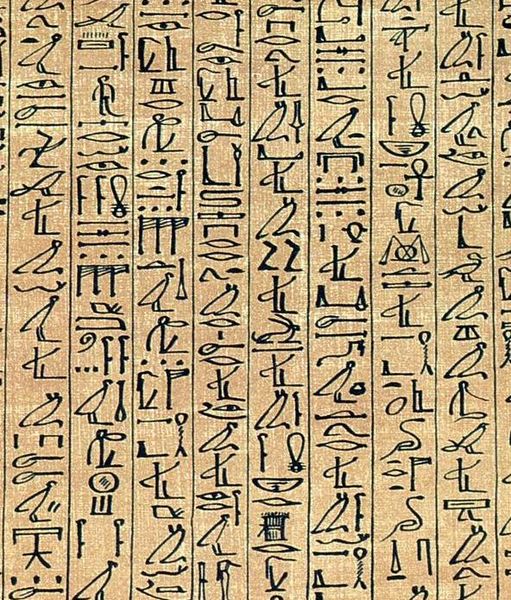Tommy and Logan here to talk some theory with you. When we read and discuss writing center theory in class, we necessarily associate and apply any given theory to the all-encompassing notion of the “writer.” “Writer” exists as a problematic and clumsy term, for the infinite possibilities of a student’s identity cannot be fully realized in the umbrella concept of the theoretical student. What the two of us would like to propose is a self-reflective exercise for anyone working in the UCWbL that could help them recognize their own subconscious biases and hopefully leave them with a sense of mental preparedness for the huge spectrum of students that come into the writing center.
We proceed with the major questions of the exercise. Ask yourself, “What does the theoretical student look like in my head, and how does this hypothetical writer I relate all these readings to leave me limited as a theoretician and tutor?” The aim of these questions is to purge ourselves of biases when it comes to preparation. I wonder how many people envisage, for instance, a veteran, an SNL student, or a writer with disabilities in the exercise. This is by no means a game of condemnation, for we all live with many simplistic conceptions of “things.” However, because we are in the business of making better writers, not better papers, why not question ourselves in the service of stronger tutoring? In the limitations of our definitions of the theoretical writer, we can perhaps add additional potential attributes to the student, thereby rendering our mental application of theories more nuanced.
It is also important to keep in mind you’ll never be 100% prepared for any session. There are always intangibles that come into play, so being open to adaptation is paramount for broadening the framework to dealing with all kinds of students. Our conception of a veteran student, for example, might not actually capture the specificity of a given situation; furthermore, attitudes and motivations of students are not dependant on their demographic. Theorizing about a veteran might help to breakdown and rework expectations that training tutors have about this particular “writer” archetype and can be applied to other deomgraphics we may have subconscious preconceptions about.
The invention of a theoretical student is referred to and applied in all the hypothetical situations that we, as tutors in training, use in discourse on the topic. Strategizing tutor methods almost always takes the form of an imaginary appointment between the tutor in question (us) and a writer, or tutee. The theoretical student in question is different in every person’s mind, however, there are dozens of diverse demographics of students that lie outside this consideration. So, not only is it important to keep in mind those less conventional college writers who come in for help–SNL students, ESL students, Veterans, etc.– there is also value in being aware that the race, gender, and age of a writer differs greatly among the student collective. Therefore, opening your mind and releasing preconceived expectations will prepare the aspiring tutor for the diverse body of writers who come into the UCWBL. There is significance and value in considering all these types of students when creating strategies for tutoring through the use of these hypothetical student, tutor exchanges.
Discover more from UCWbLing
Subscribe to get the latest posts sent to your email.

